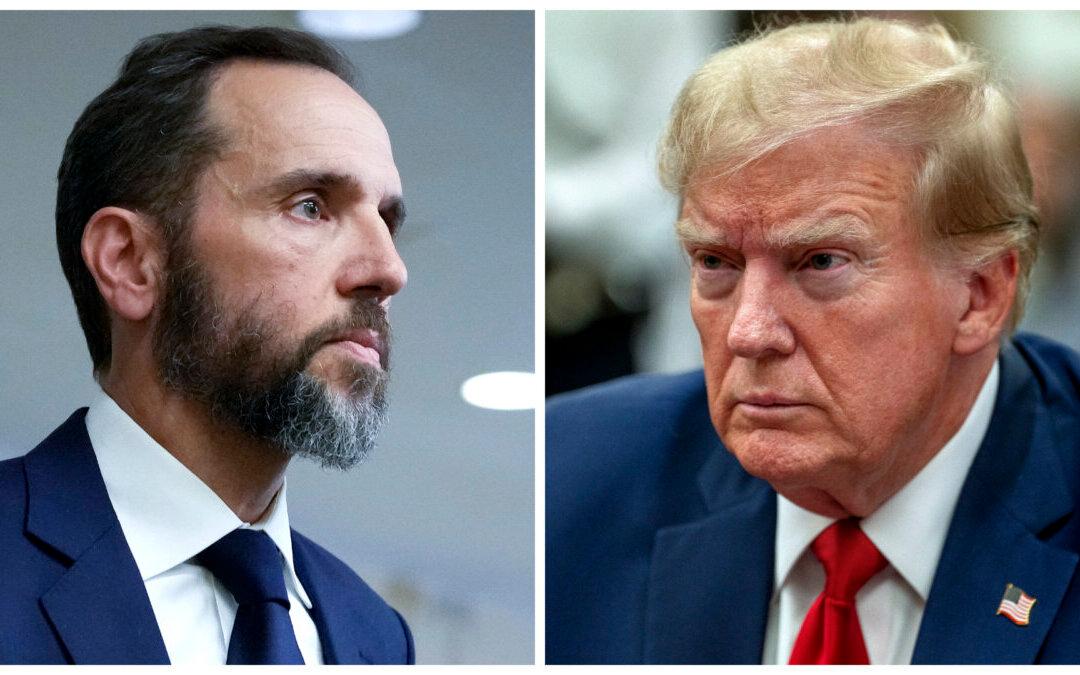A federal judge has ordered the Department of Justice (DOJ) to submit to the court volume two of special counsel Jack Smith’s final report on investigations of President-elect Donald Trump for review behind closed doors before its potential release to Congress.
In a paperless order filed on Jan. 15, U.S. District Judge Aileen Cannon directed the DOJ to deliver a copy of volume two—the part that pertains to Trump’s classified documents case—no later than by 2 p.m. on Jan. 16. The report will be reviewed in camera, meaning privately, to preserve the confidentiality of sensitive information and ensure compliance with previously issued protective orders.





